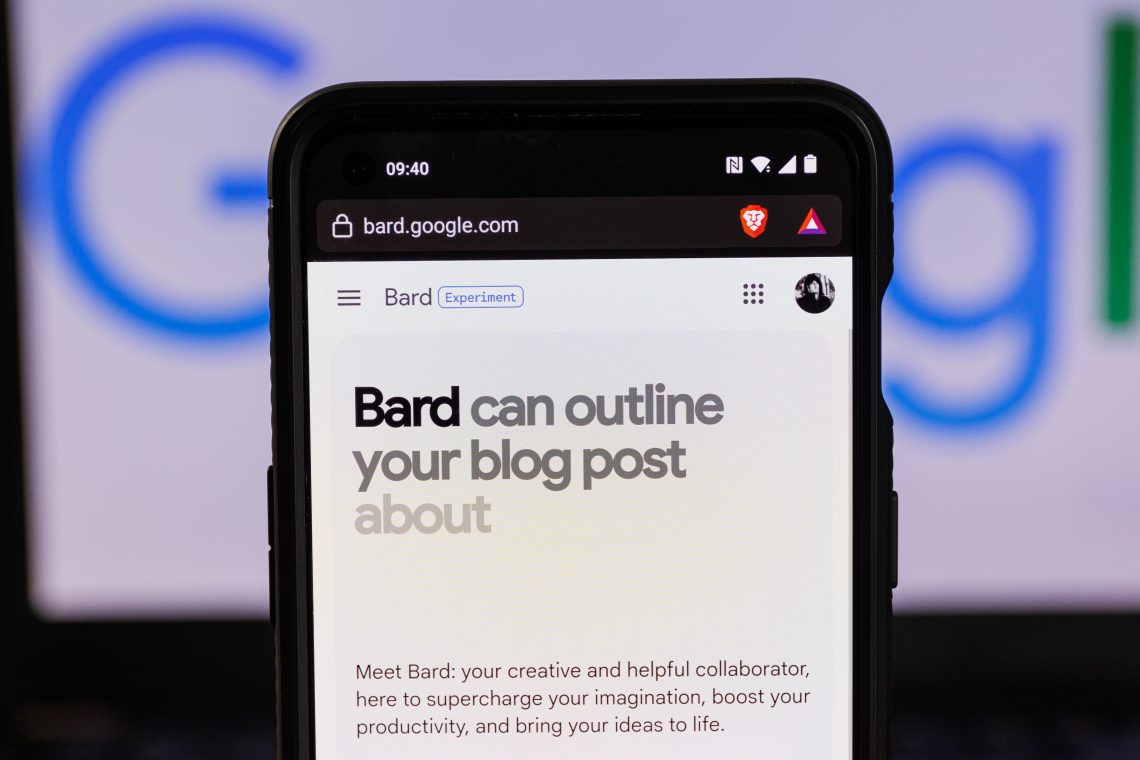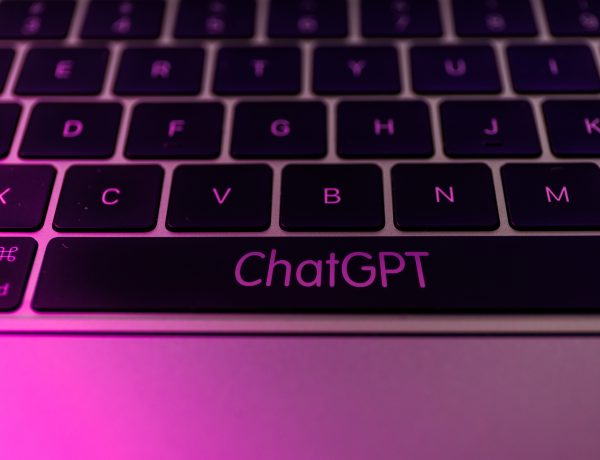Today we want to talk about the dark side of AI. As Artificial Intelligence (AI) continues to make leaps and bounds in today’s digital world, it has been touted as the key to unlocking better search results and improved content creation.
However, there is a dark side to AI that not many are aware of – its potential adverse effects on both search results and publishers. From biased algorithms to diminishing content quality, these issues impact both users seeking information and professionals creating valuable content.
In this blog post, we will explore the ways AI is hurting search results and harming publishers by discussing manipulation, economic harms, ethical challenges, regulatory compliance concerns, reputational damages, among others.
Talking Points
- AI bias and manipulation can affect the quality and fairness of search engine results by prioritizing certain types of content over others, leading users away from high-quality and diverse resources.
- Decrease in quality and diversity of content is a negative impact of AI on search results. As algorithms prioritize certain types of content over others, it leads to a lack of variety in search engine results pages, which can be detrimental for users who rely on them.
- Increased competition from AI-generated content is hurting publishers as they face machines that can churn out articles at an alarming rate, making it harder for human-written content to gain visibility. This could lead to less diversity of opinions reflected in published content.
- Ethical guidelines and accountability must be implemented in AI development, with human input and oversight prioritized in search algorithms (including people finder) and content moderation to combat the negative impact of AI on both search results and publishers.
Negative Impact Of AI On Search Results
AI can have a negative impact on search results by allowing for bias and manipulation, which undermines the quality and diversity of content that users see.
AI Bias And Manipulation
Artificial intelligence has grown leaps and bounds over the years, becoming an integral part of search engine algorithms. However, a significant problem that arises with this reliance on AI is its potential to exhibit bias and manipulation in search results. Machine learning models learn from existing data sets, which can contain human biases or errors.
 One example of AI bias involves image recognition software trained on predominantly ‘white’ images developing discrimination against darker-skinned individuals, yielding inaccurate results when used in real-life applications like facial recognition technology.
One example of AI bias involves image recognition software trained on predominantly ‘white’ images developing discrimination against darker-skinned individuals, yielding inaccurate results when used in real-life applications like facial recognition technology.
In the context of search engines, biased AI might prioritize certain types of content over others due to inherent systemic prejudices encoded into their algorithms. Moreover, bad actors can manipulate vulnerable AI systems through strategies like “black hat” SEO practices or injecting misleading data into training sets to skew results in their favor.
Decrease In Quality And Diversity Of Content
One of the negative impacts of AI on search results is a decrease in the quality and diversity of content. As AI algorithms become more advanced, they prioritize certain types of content over others, leading to a lack of variety in search engine results pages (SERPs).
Furthermore, some publishers may resort to using tactics such as keyword stuffing or clickbait headlines to try and rank higher in SERPs dominated by AI-generated content. This can lead to a further decline in the quality and relevance of online content overall.
Negative Impact Of AI On Publishers
AI-generated content has flooded search results, making it harder for publishers to gain visibility and reach their target audience. This not only decreases the relevance and accuracy of search results but also creates increased competition from artificial intelligence, leading to economic harms for publishers.
Decreased Relevance And Accuracy Of Search Results

Photo by on Pexels
Artificial intelligence has the potential to revolutionize how search engines rank and display content. However, it also threatens to decrease the relevance and accuracy of search results. Worse still is the possibility of AI bias in search algorithms. In some cases, AI could be programmed with inherent biases that skew results towards certain demographics or favor particular brands over others.
This creates an uneven playing field for online businesses and can lead to reputational damage if they are unfairly treated by search engines.
Increased Competition From AI-Generated Content
Publishers are also feeling the impact of AI-generated content. With the rise of algorithm-based news aggregators and automated content generators, publishers are facing increased competition from machines that can churn out articles at an alarming rate.
For instance, companies like OpenAI’s GPT-3 can write coherent, engaging articles without any human input whatsoever. As a result, publishers who rely on ad revenue generated from traffic to their websites may find themselves struggling to compete with these efficient and sophisticated AI-powered systems.
Possible Solutions And Conclusion
To combat the negative impact of AI on search results and publishers, ethical guidelines and accountability must be implemented in AI development, and human input and oversight should be prioritized in search algorithms and content moderation.
Need For Ethical Guidelines And Accountability In AI Development
As AI technology continues to advance and play a more significant role in search results and content creation, it’s essential to develop ethical guidelines and ensure accountability for its development.
One example is the issue of AI bias, which can lead to discriminatory outcomes. For instance, if an AI algorithm continually presents job ads that are only targeted at men or white people, it will perpetuate systemic biases in the recruitment process. This situation creates serious implications not just for fairness but also compliance with equal opportunity legislation.
Importance Of Human Input And Oversight In Search Algorithms And Content Moderation.
In order to mitigate the negative impact of AI on search results and publishers, it is crucial to emphasize the importance of human input and AI oversight in search algorithms and content moderation. While AI can help with efficiency, it cannot replace the insights and perspectives that come from human experience.
For example, Google’s infamous “Project Maven” showed how important human input can be in algorithmic decision-making. In 2018, thousands of Google employees protested against their company’s involvement in a Pentagon program that used machine learning to analyze drone footage. The concerns highlighted the need for enterprise-wide accountability and governance frameworks around training employees on these issues.
Read more AI articles at ClichéMag.com
Images provided by BingAI, Adobe Stock, Flickr, Unsplash, Pexels, Pixabay & Creative Commons


